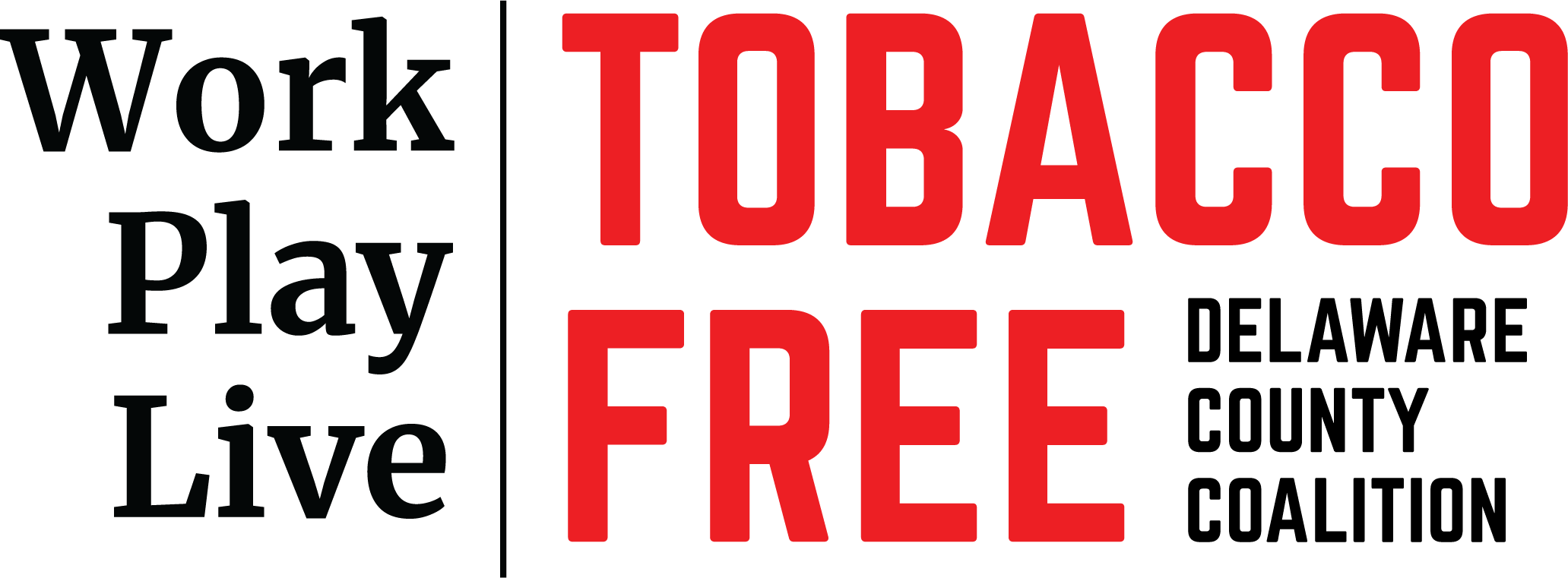FDA to Order Juul E-Cigarettes Off U.S. Market
Agency has cleared way for rivals Reynolds American, NJOY Holdings to keep selling tobacco-flavored e-cigarettes
By Jennifer Maloney Updated June 22, 2022 10:44 am ET
The Food and Drug Administration is preparing to order Juul Labs Inc. to take its e-cigarettes off the U.S. market, according to people familiar with the matter. The FDA could announce its decision as early as Wednesday, the people said. The marketing denial order would follow a nearly two-year review of data presented by the vaping company, which sought authorization for its tobacco- and menthol-flavored products to stay on the U.S. market.
Uncertainty has clouded Juul since it landed in the FDA’s sights four years ago, when its fruity flavors and hip marketing were blamed for fueling a surge of underage vaping. The company since then has been trying to regain the trust of regulators and the public. It limited its marketing and in 2019 stopped selling sweet and fruity flavors. Juul’s sales have tumbled in recent years.
The FDA has been conducting a review of U.S. vaping products, weighing their popularity with young people against their potential benefits as less harmful alternatives for adult cigarette smokers. All U.S. e-cigarette manufacturers in 2020 were required to submit their products for FDA review to stay on the market.
The FDA in 2020 barred the sale of all sweet and fruity e-cigarette cartridges and hasn’t yet allowed any to come back. The agency has cleared the way for Juul’s biggest rivals, Reynolds American Inc. and NJOY Holdings Inc., to keep tobacco-flavored e-cigarettes on the market. Industry observers had expected Juul to receive similar clearance. Juul had no immediate comment. The company could pursue an appeal through the FDA, challenge the decision in court or file a revised application for its products. Juul surged to the top of the U.S. e-cigarette market in 2018, but it has lost some ground to other brands more recently. It slipped to second place behind Reynolds’s Vuse brand in the 12 weeks ended June 4, according to an analysis of Nielsen data by Goldman Sachs analyst Bonnie Herzog.
Last year, Juul reported a net loss of $259 million and an 11% decline in sales to $1.3 billion, according to a disclosure the company made to employees. The U.S. represents nearly all of Juul’s revenue, though its products are also available in Canada, the U.K., Italy, France and the Philippines.
The FDA is separately moving forward on a plan to mandate the elimination of nearly all nicotine in cigarettes, a policy that would upend the $95 billion U.S. cigarette industry and, health officials say, prompt millions of people to quit smoking or switch to alternatives such as e-cigarettes. That rule will take years to implement and tobacco companies could sue to fight it.
An FDA order against Juul would be a blow for Marlboro maker Altria Group Inc., which in 2018 paid $12.8 billion for a 35% stake in Juul. The deal valued Juul at about $35 billion. Since then, Juul’s value has plummeted amid the regulatory crackdowns and declining sales. Altria valued its Juul stake at $1.6 billion as of March 31. Shares of Altria, which assisted Juul with its FDA application, fell about 10% in early Wednesday trading after The Wall Street Journal reported on the expected FDA decision. When Juul became a teen status symbol, many agencies launched investigations into the e-cigarette startup. States, school administrators and families filed thousands of lawsuits against the company alleging that Juul had targeted teens. A criminal investigation by federal prosecutors and the FDA is pending, according to a person familiar with the matter, as are most of those lawsuits.
Regulators and lawmakers criticized Juul’s early use of young adult models, celebrities and social-media influencers in its marketing. In response, Juul voluntarily shut down its Facebook and Instagram accounts in the U.S., stopped using models in its advertising and suspended all of its print, broadcast and digital advertising in the U.S. In 2019, Juul halted U.S. sales of its mango, mint and other sweet flavored pods, leaving only tobacco and menthol on the market. The company has said that it never targeted children. Underage vaping has fallen in the U.S. since federal restrictions raised the legal purchase age for tobacco products to 21 and barred the sale of sweet and fruity e-cigarette refill cartridges. Juul’s popularity among young people also has dropped. A federal study released in September showed that Juul was the No. 4 brand among high school vapers, after Puff Bar, Vuse and Smok.
In its submission to the FDA, Juul submitted two flavors—menthol and Virginia Tobacco— in two nicotine strengths, 3% and 5%. The company’s application amounted to more than 125,000 pages, including scientific research, marketing materials and an update on its efforts to curb illegal sales to minors. Juul also pitched a new device designed to unlock only for users at least 21 years old.

